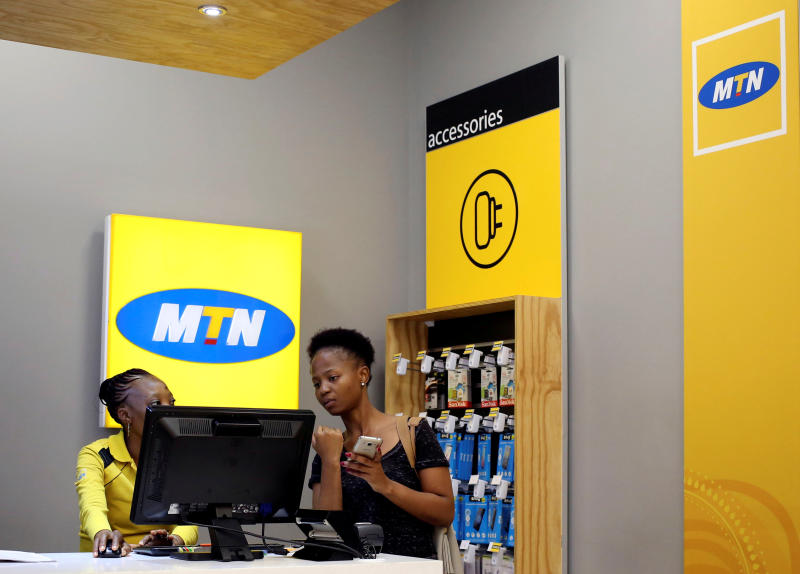×
The Standard e-Paper
Smart Minds Choose Us

South African mobile operator MTN Group will exit the Middle East in the medium term, it said on Thursday, starting with sale of its 75 per cent stake in MTN Syria, as part of plans to focus on Africa.
MTN is in advanced talks to sell the stake in MTN Syria to TeleInvest, which holds the other 25 per cent of the business, Group President and Chief Executive Rob Shuter told media on a conference call as the firm reported its half-year results.